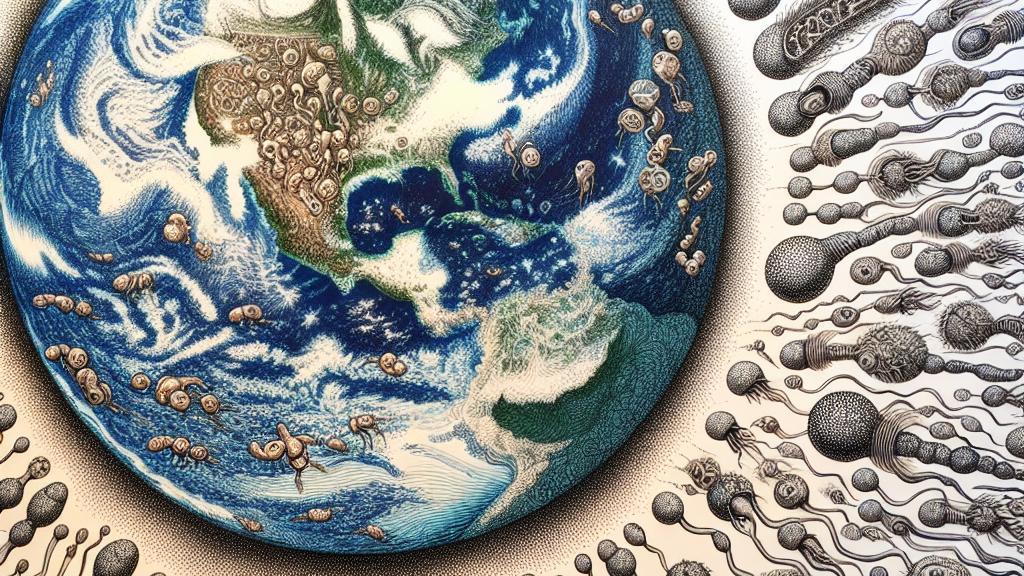Exploring the Evolution of Human Sex and Gender
Overview
- Unravel the complex evolutionary pathways that shaped human sex and gender.
- Sexual reproduction doesn't just ensure survival; it injects diversity into the gene pool.
- Understanding the nuances of sex and gender is vital for advancing health research and societal equality.

Unearthing the Foundations of Sexual Evolution
Picture this: 2 billion years ago, our planet was a vibrant tapestry of single-celled organisms. Professor Eric Haag of the University of Maryland takes us on an exhilarating journey through time to explore how these humble beginnings gave rise to the intricate world of sexual reproduction. Interestingly, the concept of sex predates the binary male and female classifications we know today. For nearly a billion years, organisms reproduced without defined sexes. Fast forward to the evolution of multicellular life, and we see a pivotal shift where distinct reproductive roles—sperm and eggs—emerged to optimize reproductive success. This specialization is not just a historical curiosity; it represents a strategic evolutionary adaptation that enhanced the survival rates of offspring, making the story of sexual evolution nothing short of fascinating.
The Impact of Sex and Gender in Today's World
Now, let’s zoom in on our current society. Why should we care about the evolution of sex and gender? Imagine a world where traditional gender roles didn't exist: Would we still face the challenges of sexism or the ongoing struggles for LGBTQ+ rights? Haag’s thought experiment prompts us to reflect on how biological differences have shaped societal constructs. These distinctions are not merely academic; they influence modern disparities in areas like the gender pay gap and access to resources. By understanding the evolutionary origins of these discussions, we can better address the systemic issues entwined with identity today. Recognizing this interconnectedness helps us forge pathways toward equity, enabling more informed debates around gender and social justice.
The Crucial Intersection of Biology and Health Research
As we further unpack this topic, it becomes evident that the distinction between sex and gender plays a crucial role in health research. To clarify, sex refers to the biological traits—like chromosomes and reproductive systems—while gender encompasses the roles and behaviors that society constructs around those traits. Take heart disease, for instance: men and women can experience vastly different symptoms. Women might encounter subtle indicators, which often leads to misdiagnosis. Therefore, acknowledging sex as a biological variable in research is paramount. This emphasis not only refines medical treatment but also promotes inclusivity in healthcare, ensuring that both men and women receive equitable care tailored to their unique biological and social contexts. Ultimately, this nuanced understanding is essential for advancing effective health interventions that do justice to the diverse human experience.

Loading...